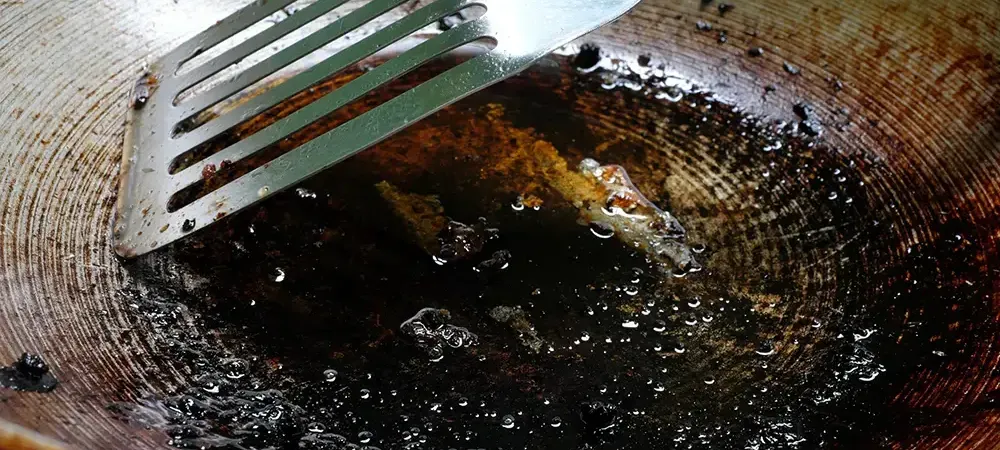What to Do with Used Cooking Oil

Cooking oil is a staple in most kitchens, but what happens to it after use? Improper disposal of used cooking oil can harm the environment and clog up sewer systems. However, with the right methods, you can recycle or repurpose it responsibly. Whether you're a homeowner or a commercial restaurant owner, here's everything you need to know about handling used cooking oil.
Proper Disposal Methods
- Homeowners: Never pour used cooking oil down the drain. Instead, let it cool completely, pour it into a sealable container, and dispose of it in the trash. Alternatively, check with your local recycling center to see if they accept used cooking oil for recycling.
- Restaurant Owners: Implement a system for collecting and storing used cooking oil safely. Invest in grease traps or grease recycling services to ensure compliance with local regulations. Avoid pouring oil down drains to prevent costly plumbing issues.
Recycling
- Homeowners: Some recycling centers accept used cooking oil for biodiesel production. Research facilities in your area that offer this service and drop off your oil for recycling.
- Restaurant Owners: Partner with a reputable grease recycling company that can collect your used cooking oil and repurpose it into biodiesel or other products. Not only is this environmentally friendly, but it can also generate additional revenue for your business.
Reuse in Cooking
- Homeowners: Depending on the type of oil and how it was used, you may be able to reuse it for cooking. Strain the oil through a fine mesh sieve to remove any food particles and store it in a clean container for future use.
- Restaurant Owners: Consider filtering and reusing cooking oil in your kitchen to reduce costs. However, be mindful of the oil's quality and how many times it has been reused to maintain food safety standards.
Composting
- Homeowners: If you have a compost bin, small amounts of used cooking oil can be added to the compost pile. Mix it with other organic matter to help break it down effectively.
- Restaurant Owners: Explore options for commercial composting services that can handle food waste, including small amounts of used cooking oil. This can contribute to your sustainability efforts and reduce your environmental footprint.
Donation
- Homeowners and Restaurant Owners: In some cases, organizations such as soup kitchens or animal shelters may accept donations of used cooking oil for various purposes. Contact local charities to inquire about their specific needs and donation guidelines.
Used cooking oil doesn't have to end up in the trash or down the drain. By following proper disposal methods and exploring recycling and reuse options, both homeowners and restaurant owners can minimize their environmental impact and contribute to a more sustainable future.
If you’re an owner of a commercial property that needs to get rid of used cooking oil, and you’re located in the gulf coast area, give Northern Gulf Services a call. We’re the experts in getting rid of UCO
Sources:
